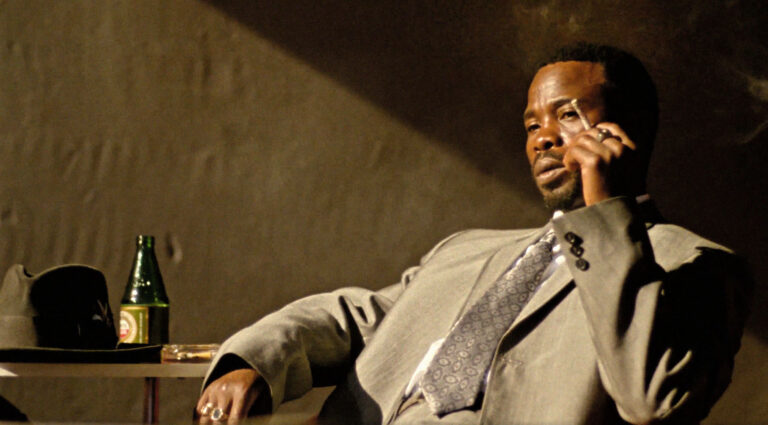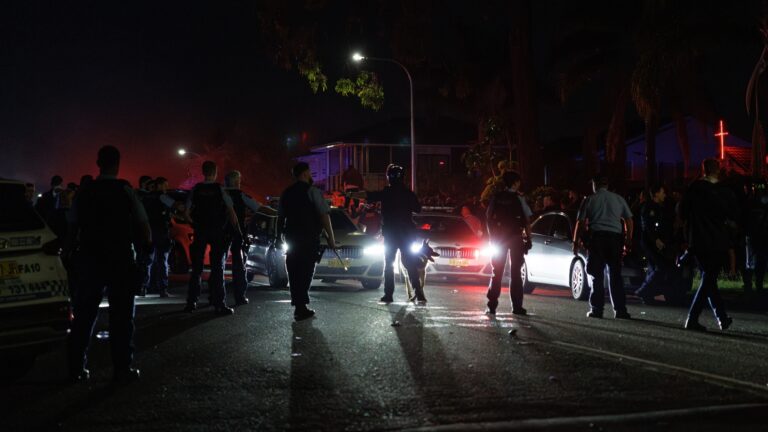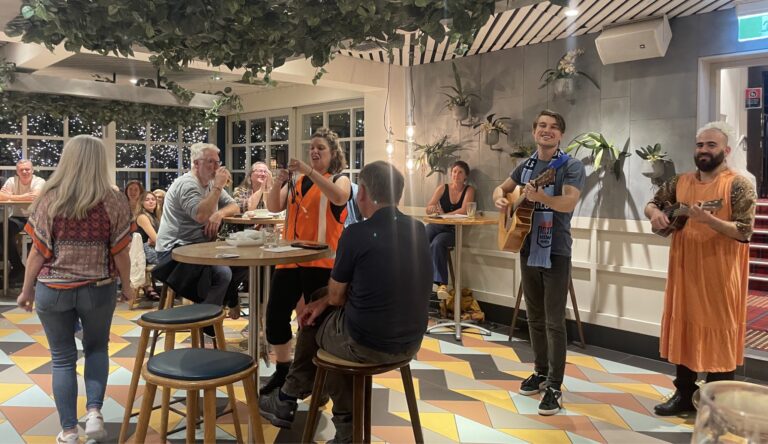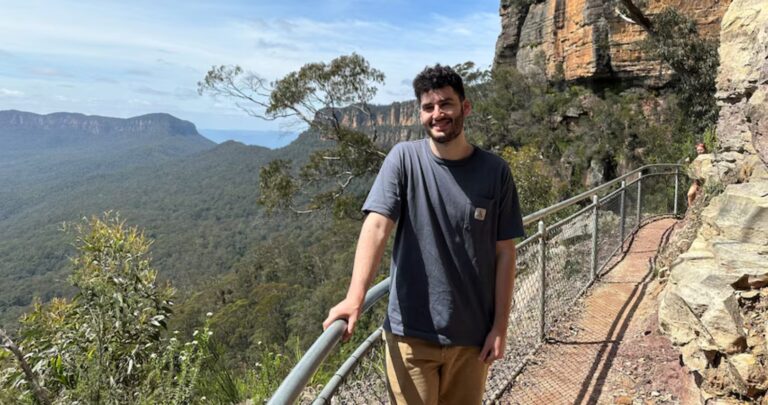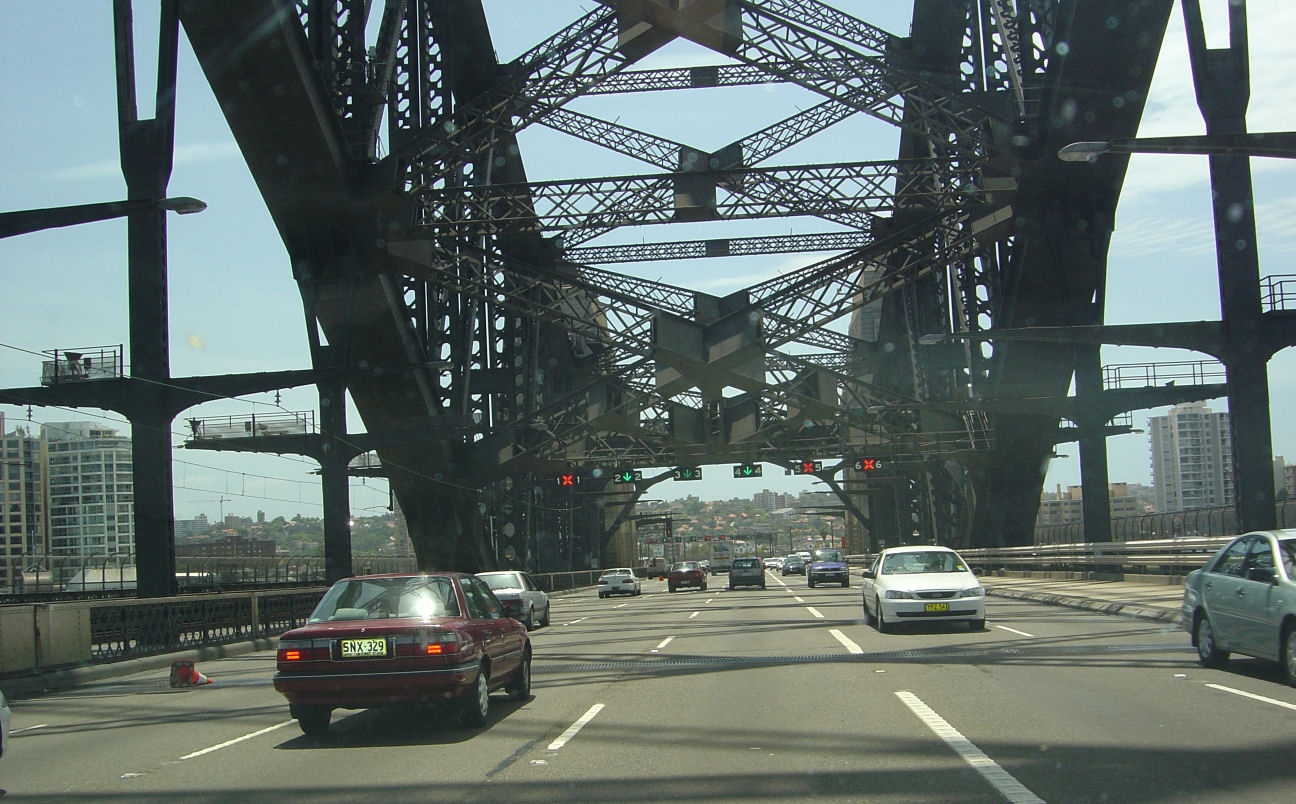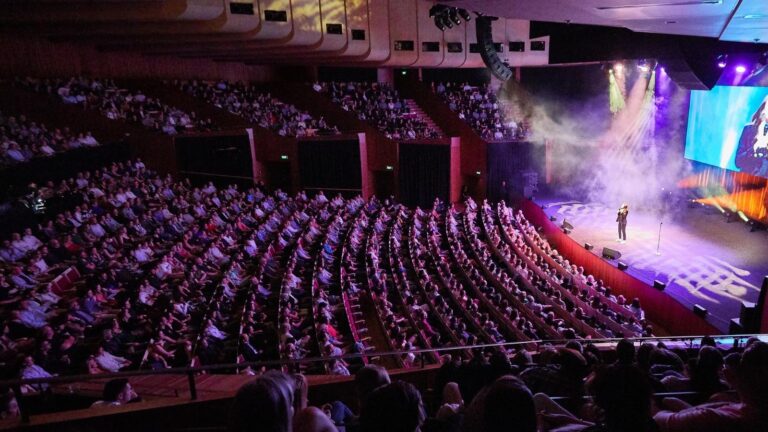
Same-Sex Bill’s second birthday

By JAMES HARRISON
December 7th marks the second anniversary of Australia’s Same Sex Marriage Bill. The 2017 bill followed a two-month long plebiscite, costing $122 million and achieving a 61.6% ‘yes’ vote, leading to amendments in the Marriage Act. With such a long and controversial campaign period behind the Australian people, the question left is what’s changed?
2018 marked the first full year of legalised gay marriage in Australia and saw over 6,500 same-sex couples wed, according to data recently released by the Australian Bureau of Statistics. This made up 5.5% of the 119,188 marriages in 2018 and, unsurprisingly, was a 5.5% rise in marriages compared to 2017. The law change was particularly adopted by women as they represented 57.8% of same-sex couples walking down the aisle, compared to 42.2% men.
Same-sex marriage legalisation also resulted in an increase of the median marriage age. Those getting married were older than their heterosexual counterparts as some same-sex partners had been together for decades and were getting married in their 60’s or 70’s. Male same-sex marriages had a median age of 44.9, while women were at 39.3. In comparison, the heterosexual medians were 32.1 for men and 30.2 for women.
Public acceptance
The plebiscite sparked public debate over issues of religious freedom, the role of gender in marriage and freedom of speech, however prominent figures, such as Christine Forster, sister of former Prime Minister Tony Abbot, believes the main impact of the bill was on those getting married and LGBT+ acceptance. Abbot, a staunch ‘vote no’ campaigner, did however, attend the wedding of Forster to her partner Virginia Edwards in February 2018 following the legalisation of same-sex marriage.
Forster perceives an increase in public acceptance of homosexuality. She told City Hub: “I’ve noticed people being openly demonstrative in public, which is a big change, I think. You see it all around Sydney. Perhaps before you’d see people being openly demonstrative in Oxford Street and Taylor Square and around the neighbourhood I live, but not necessarily more broadly. But you do see it now and that is a reflection of the fact that same-sex couples feel safe and are able to express their closeness in parts of Australia where they couldn’t do it previously. Australia as a society has accepted that these relationships are not only legitimate, they are just as valuable and special as other marriages.
“I think people have accepted the reform and moved on. Life has moved on; the world has kept turning and nothing has changed fundamentally in Australia apart from the fact that those 13,000 people have been able to get married.”
Public Controversies
However, this public acceptance followed a wide array of demonstrations opposing same-sex marriage. Skywriting appeared across the Sydney sky on the 17th of September 2017, reading “vote no.” The stunt was organised through a GoFundMe page linked to Kat Klayton, a Canberra woman who at the time ran the Facebook page Safe Schools, Australian Law and Our Kids.
On the 16th and 17th of November 2017, following the plebiscite results, two ‘gay-friendly’ murals were vandalised in Newtown and Erskineville. Scott Marsh, late friend of George Michael, painted both, one depicting George Pell with his hand down the ‘budgie smuggler’ swimming pants of Abbot and another depicting Michael as a saint beneath a rainbow smoking a marijuana joint. The vandalising received support from fundamentalist group Christian Lives Matter.
Four gay police officers recently won a discrimination case against the NSW police force after being subjected to internal drug investigations based on their sexuality in 2015. Simon Hardman, the Commander at Newtown Police Station at the time, was accused of fostering a “homophobic culture” alongside fellow senior management. While the tribunal found there to be no culture of bullying or harassment, they did agree that Hardman’s 6-month period of drug testing the men was homophobic, particularly as Hardman claimed the men were “notorious for their promiscuity,” and had “loose morals.”
Also, Hardman’s original complaint about the four men outlined his belief that, “Drug use is thought to be fundamental in such indiscriminate sexual encounters.”
A reflection on the Australian Bureau of Statistics was given to The News Daily by independent MP for Sydney Alex Greenwich. “Since marriage equality what we’ve seen is so much joy and happiness spread across Australia as people who thought they would never get married were able to.
All the main arguments the opponents used during the campaign have not only been exposed and proven as wrong but are now seen as downright ridiculous. The tone of the opponents used was quite damaging, we do know they targeted specific groups including children and trans and gender-diverse communities and now for them to be proven completely wrong they need to apologise for the damage and hurt they caused.”
